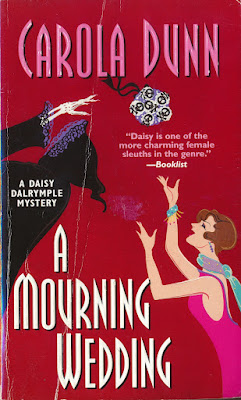Miyamoto Musashi.
A Book of Five Rings (1645) Translated by Victor Harris (1974) Harris provides a potted biography of Musashi. Despite Harris’s best efforts to present Musashi as a noble and honourable soul, he comes across as a single-minded thug with a nice talent for ink-painting and calligraphy. The book itself reinforces this impression: Musashi focuses on killing the enemy. His principle is “Do whatever is necessary to kill your foe”. He gives many pieces of advice on how to do this by using the traditional Samurai weapons of long and short sword, plus whatever else may be handy. The advice ranges from the specific (eg,
parry his attack by pushing his sword towards his right eye), to the vague, often coupled with the obvious (eg,
All the five books are chiefly concerned with timing. You must train sufficiently to appreciate this) Much of it is little more than labelling or trite observation (
From inside fortifications, the gun has no equal among weapons). The most common advice consists of variations on
Study this thoroughly.
Musashi himself admits that in his book
the order of things is a bit confused. It is difficult to express it clearly. I think the confusion, the vagueness, the inability to “express it clearly” have made the book seem more profound than it really is. Apart from the practical bits, which I think anyone familiar with martial arts or even school-yard fighting experience will understand, there is little to grasp. It’s like trying to catch the moon's reflection by grabbing at the water. Trying to understand what’s not there to be understood is a disorienting experience. Couple this with the writer’s reputation for wisdom, and the reader as often as not sees the writer’s lack of sense as his own lack of understanding. Hence Musashi seems wiser than he is.
The translation doesn’t help. As far as I can tell, it is about as literal as Harris can make it. The result is increased vagueness: “spirit” is used in at least six different senses. “Research”, “study”, and “understand” are sometimes synonyms, and sometimes not. The translation probably makes Musashi seem worse than he is. I don’t know if Harris was unable or unwilling to interpret the Master’s words, but I repeatedly got the feeling that an effort to get past the words to the intended meanings would have made for a better book. So my critique of Musashi may be more fairly aimed at Harris.
There is certainly good advice in the book, if you are able to winnow the chaff from the grain, and are astute enough to use context to get at the intended meaning. But overall, the book is overrated. Sun Tzu’s
The Art of War covers the same ground more clearly and completely. Both writers resemble Machiavelli, in that the only values they admit to their discourse are those appropriate to achieving their goals. This makes all three writers appear to lack conscience, but as Arthur Harris said when asked about the morality of carpet bombing,
Tell me of one operation of war, just one, which is moral. (In
War, by Gwynne Dyer).
An interesting read, but a frustrating one. One could use it as a reminder that great skill in an art is not enough to make one a great teacher of it. **
 We are our stories. But few of us are willing to accept that, until perhaps someone we know loses their stories as they fade into dementia. But a tribe or nation also is its stories. The stories we tell each other makes us a family, a village, a tribe, a nation. The stories others tell about us impinge on, intersect with, and conflict with the stories we tell about ourselves. If we have no stories of our own, or if no one listens to our stories, the stories told by others prevent them from seeing us as we see ourselves, seeing ourselves as we are. That’s why being heard, being able to tell our stories, matters, even though story cannot change the past, for telling our stories will affect the future. It will change how the teller and the hearer tell the stories to come.
We are our stories. But few of us are willing to accept that, until perhaps someone we know loses their stories as they fade into dementia. But a tribe or nation also is its stories. The stories we tell each other makes us a family, a village, a tribe, a nation. The stories others tell about us impinge on, intersect with, and conflict with the stories we tell about ourselves. If we have no stories of our own, or if no one listens to our stories, the stories told by others prevent them from seeing us as we see ourselves, seeing ourselves as we are. That’s why being heard, being able to tell our stories, matters, even though story cannot change the past, for telling our stories will affect the future. It will change how the teller and the hearer tell the stories to come.





